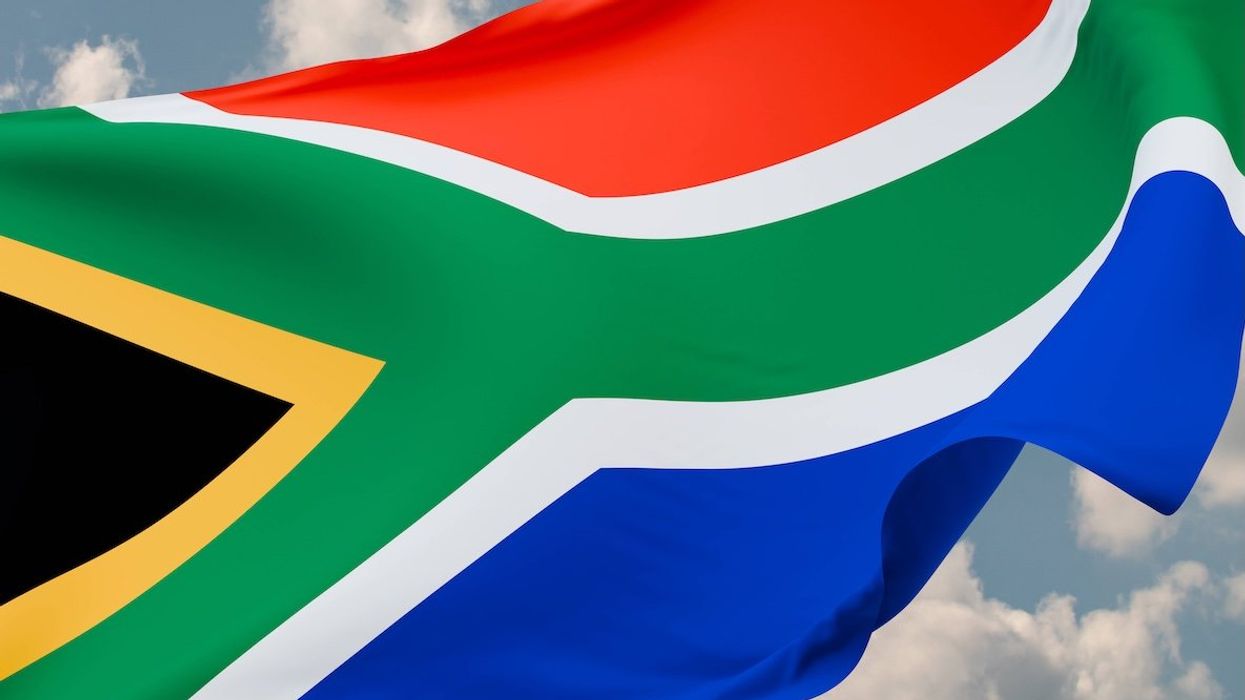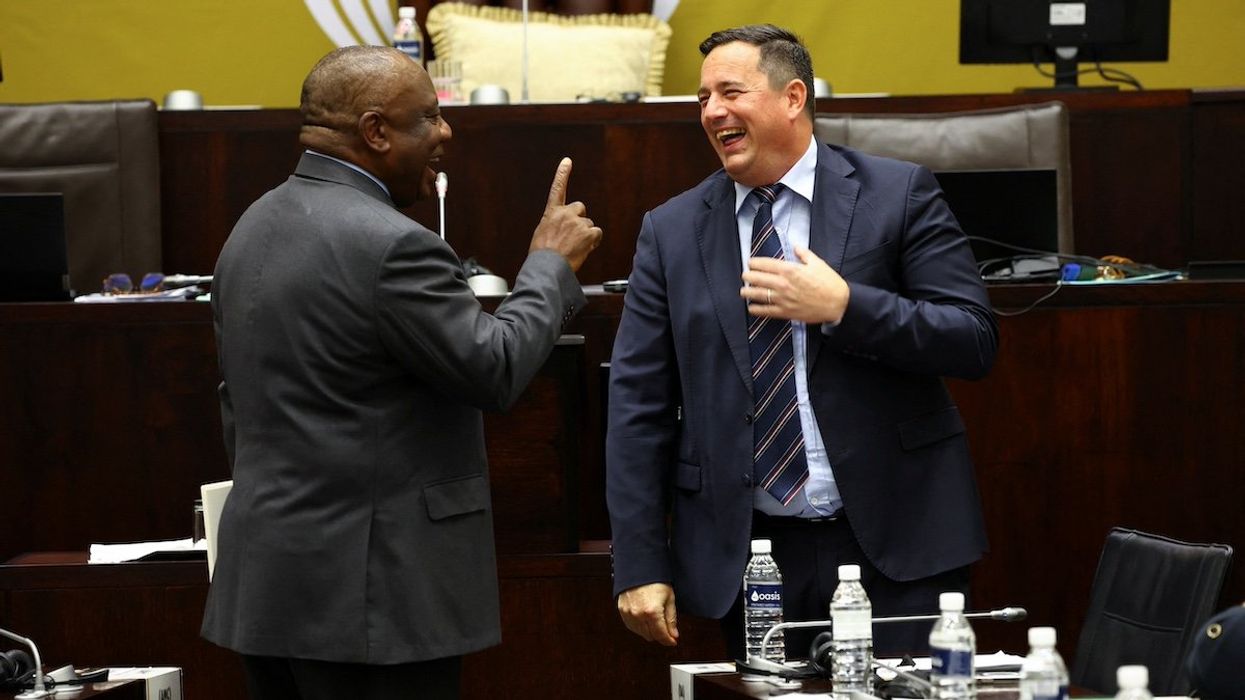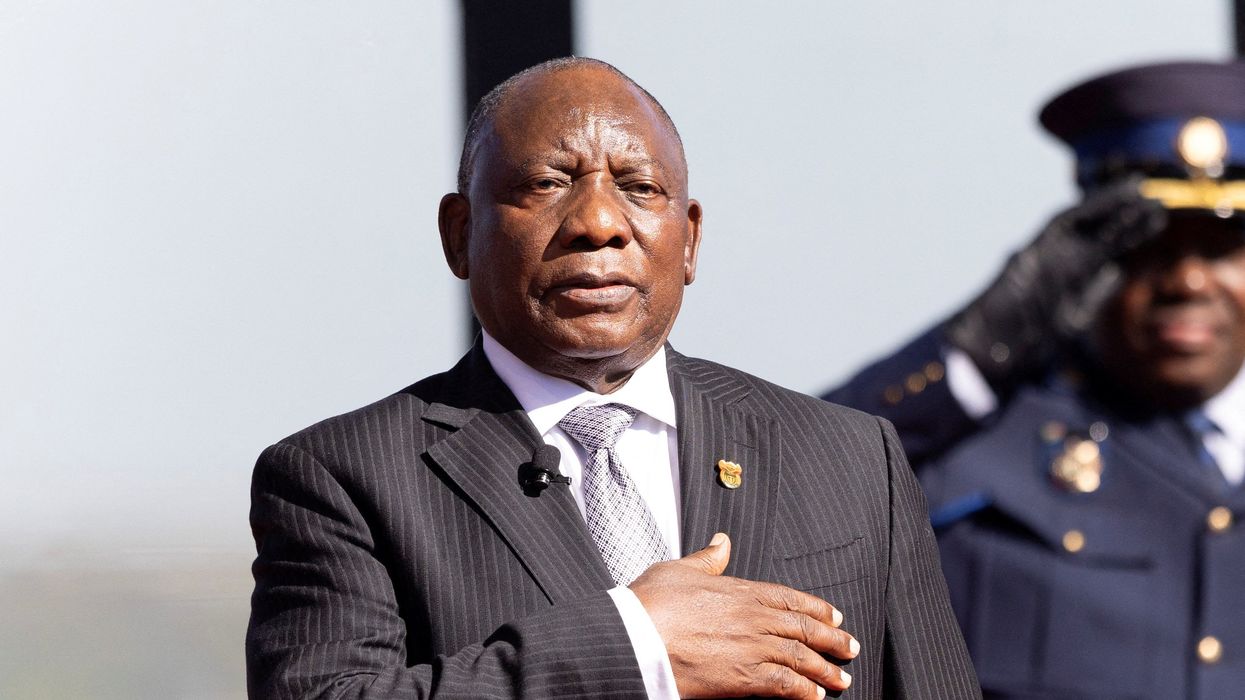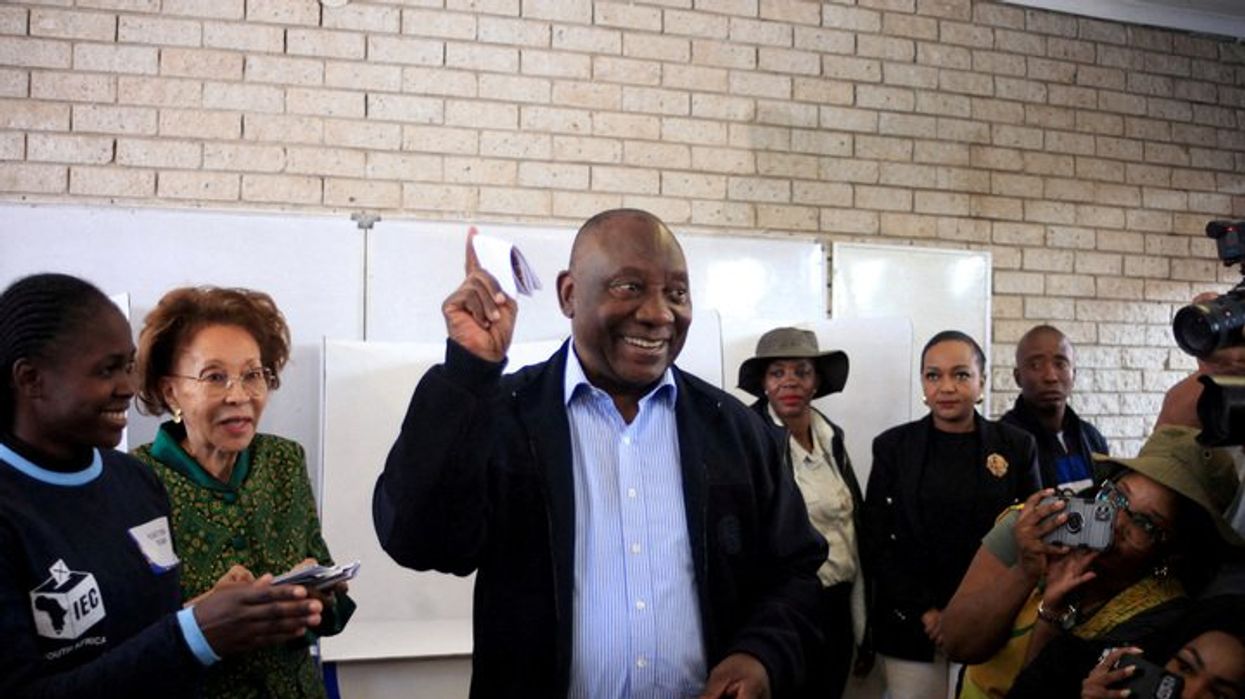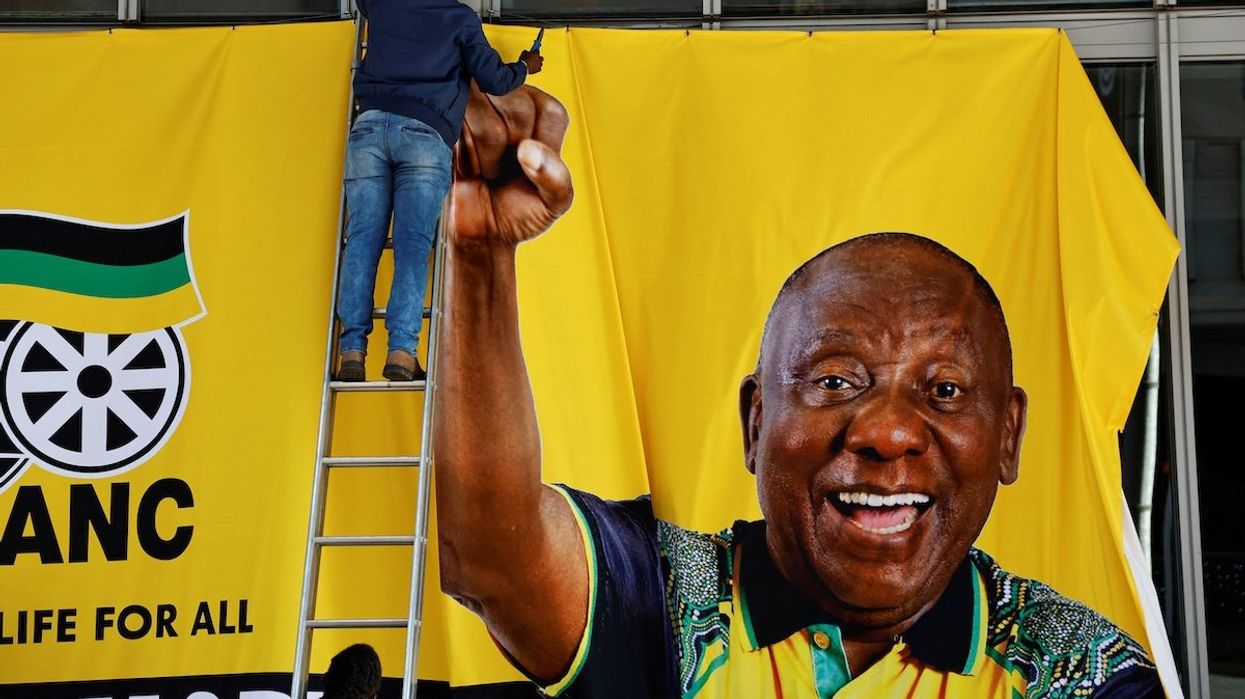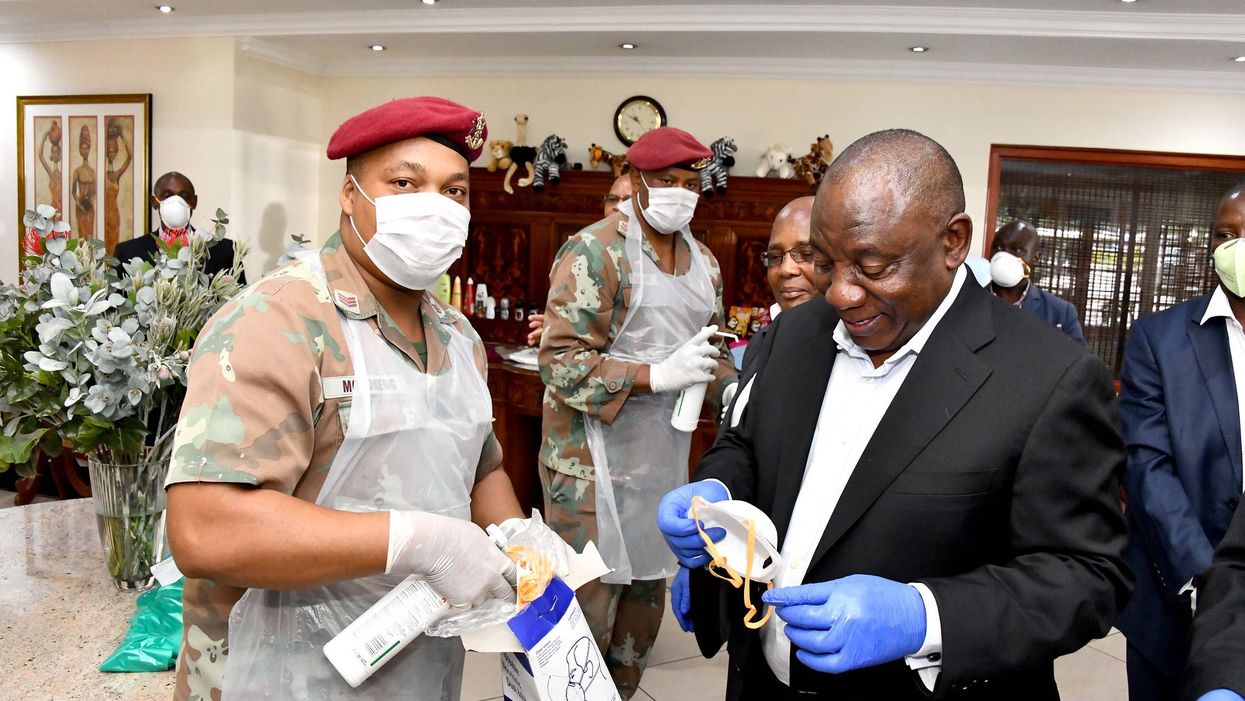What We're Watching
South African leader defends land reform to Elon Musk
Elon Musk got on the phone Wednesday with South African President Cyril Ramaphosa following the Tesla CEO’s condemnation of Pretoria’s “openly racist” land ownership laws and threats by US President Donald Trump to withdraw $400 million in aid.
Feb 05, 2025
